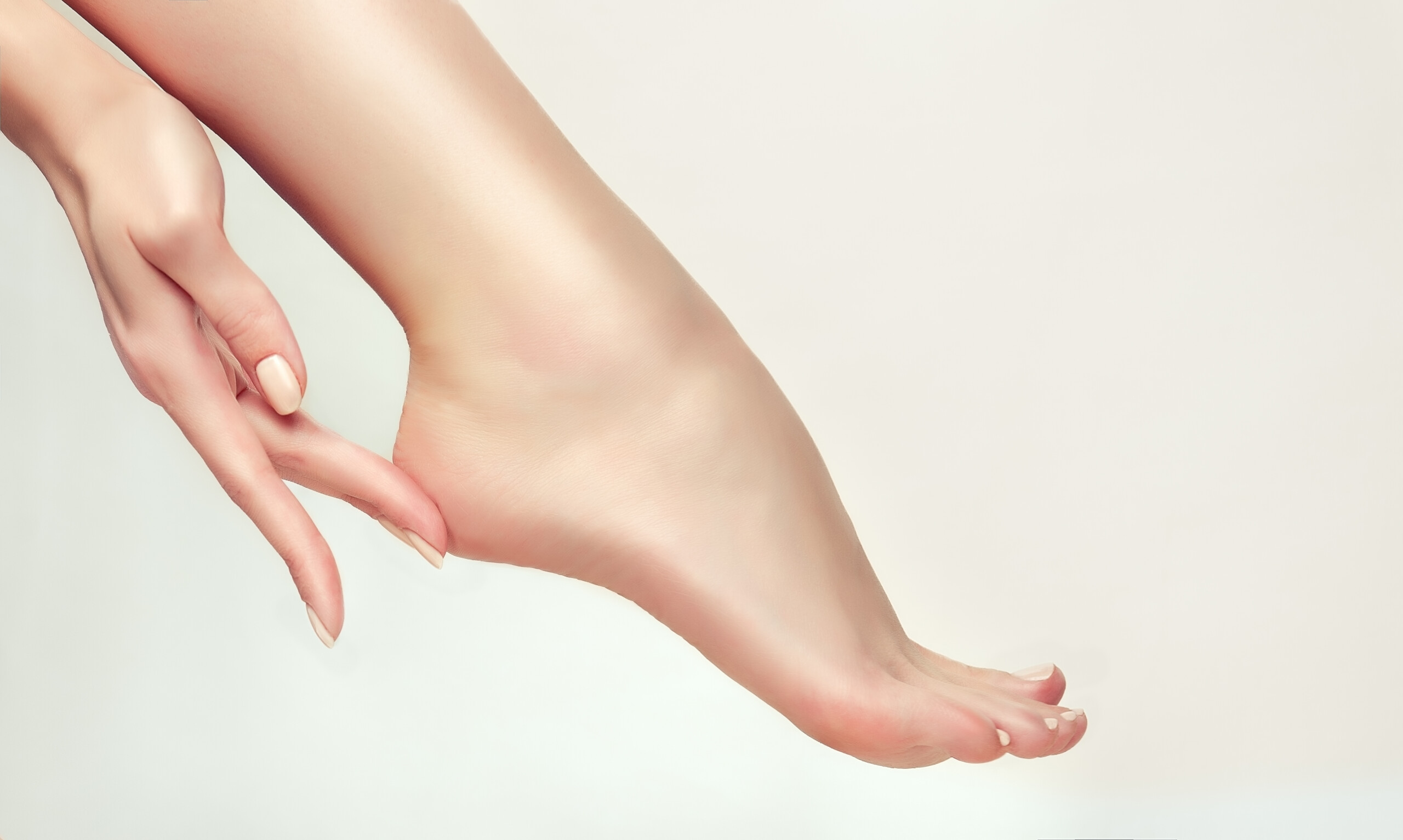Recognizing the Origin of Excessive Sweating and Its Effect on Daily Life
Extreme sweating, likewise recognized as hyperhidrosis, is a condition that impacts a substantial portion of the population, yet its underlying reasons and effects on daily functioning stay rather enigmatic. While it is generally understood as a physiological action to manage body temperature level, the triggers for excessive sweating can vary widely among individuals, including not just physical variables yet psychological and likewise emotional aspects. Moreover, the effect of this problem expands past plain pain, usually affecting social interactions and total quality of life. By diving into the source of hyperhidrosis and exploring its complex results, a much deeper understanding of this prevalent problem can be gotten, dropping light on the complexities that individuals grappling with too much sweating browse every day.
Physiology of Sweat Glands
The regulation of sweat manufacturing, a critical physical process, is largely managed by the task of sweat glands dispersed across the body. Sweat glands are classified into 2 primary kinds: eccrine and apocrine glands. Eccrine glands are the most countless and are discovered in nearly all locations of the body. They play a vital duty in thermoregulation by secreting a watery liquid onto the skin's surface, which assists and evaporates cool the body down. In comparison, apocrine glands are concentrated in locations rich in hair roots, such as the underarms and groin, and their secretions are thicker and milky in look.
When the body temperature climbs, either due to exercise, heats, or emotional anxiety, the nerves sets off the gland to generate sweat. This sweat is composed mostly of water and electrolytes like salt and chloride. The procedure of sweat production is necessary for keeping the body's internal temperature within a narrow, ideal array, highlighting the vital duty gland play in human physiology.
Triggers for Excessive Sweating
In recognizing the origin causes of too much sweating, it is vital to determine the triggers that can lead to this physiological feedback. Physical effort, high temperatures, and spicy foods are additionally understood to trigger too much sweating in individuals vulnerable to this condition.
Furthermore, drugs such as some antidepressants, opioids, and specific supplements can additionally function as triggers for hyperhidrosis. Understanding these triggers is crucial in handling excessive sweating successfully - Treatment for hyperhydrosis of hands. By identifying and addressing the certain triggers that prompt extreme sweating in a specific, health care service providers can create personalized therapy strategies to minimize this problem and improve the individual's top quality of life
Medical Conditions Associated
Connected with extreme sweating are numerous medical problems that can exacerbate this physiological reaction. One typical problem is hyperhidrosis, a problem characterized by unusually boosted sweating that exceeds the body's thermoregulatory needs. This can manifest in focal locations like the palms, soles, underarms, or face, influencing an individual's lifestyle because of social shame and pain.
Furthermore, endocrine problems such as hyperthyroidism, diabetes mellitus, and menopausal hot flashes can additionally lead to extreme browse around these guys sweating. Hyperthyroidism triggers an overflow of thyroid hormones, speeding up metabolic rate and causing sweating.
Additionally, infections like consumption, endocarditis, and hiv have been related to night sweats, a common signs and symptom understood to disrupt rest and influence general health. These medical problems highlight the varied variety of underlying elements that can add to extreme sweating, demanding discover here detailed assessment and management by health care professionals.
Emotional and psychological Elements

Effect On Social Interactions
Too much sweating can have profound impacts on a person's capacity to engage conveniently in social interactions. The visible indications of sweat discolorations or wet patches on garments can result in embarrassment and self-consciousness, causing people to withdraw from social circumstances. This withdrawal can influence relationships, restriction social tasks, and hinder expert and personal growth.

Additionally, the anxiety and self-confidence problems originating from excessive sweating can affect communication and interpersonal Treatment for hyperhydrosis of hands and feet skills. Individuals might struggle to focus on discussions, take part in group activities, or share themselves confidently. This can bring about feelings of seclusion and isolation, as social links become testing to keep.
Final Thought
While it is generally comprehended as a physiological reaction to regulate body temperature level, the triggers for too much sweating can differ commonly among individuals, incorporating not only physical elements but additionally emotional and emotional components. By diving right into the root triggers of hyperhidrosis and discovering its complex effects, a much deeper understanding of this prevalent problem can be gained, losing light on the intricacies that individuals grappling with too much sweating navigate on an everyday basis.
Physical effort, high temperatures, and spicy foods are likewise known to activate excessive sweating in people susceptible to this condition. By determining and resolving the particular triggers that motivate extreme sweating in a specific, health care carriers can develop individualized therapy plans to alleviate this problem and improve the individual's high quality of life.
Extreme sweating can have extensive effects on a person's capacity to involve comfortably in social communications.